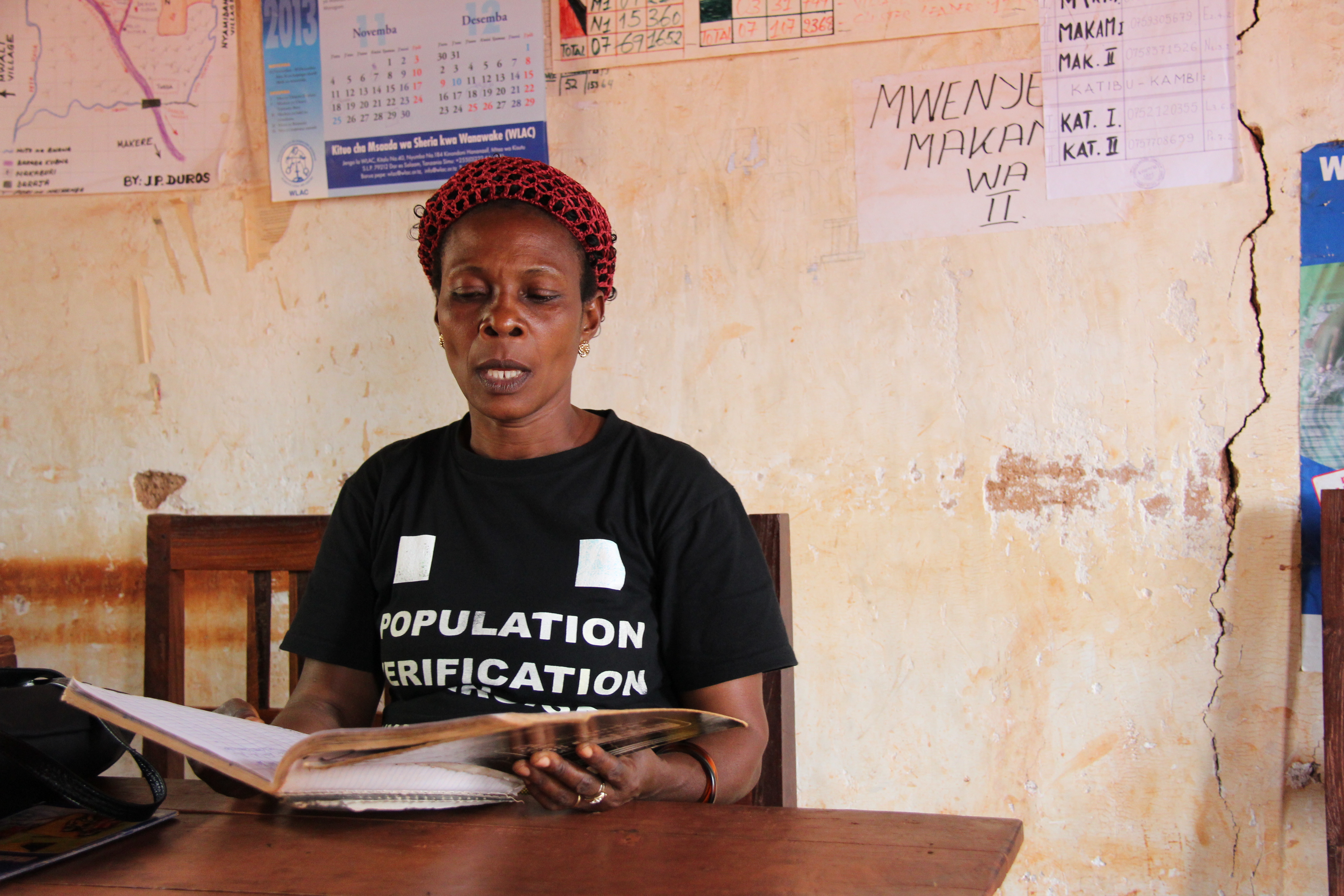UNHCR chief urges international support for Central African Republic and DR Congo
UNHCR chief urges international support for Central African Republic and DR Congo

WOROBE, Democratic Republic of the Congo, April 12 (UNHCR) - UN High Commissioner for Refugees António Guterres on Friday called on the international community to increase its support for the Democratic Republic of Congo (DRC) and the Central African Republic (CAR), which have both been facing major humanitarian crises for more than a decade.
Guterres made the call during a visit to Worobe camp in northern DRC's Equateur province, where he talked to some of the more than 2,200 refugees from Central African Republic. An estimated 37,000 civilians have fled across the Oubangui River to Equateur and Orientale provinces to escape fighting in Central African Republic. Many left after the rebel capture on March 23 of the capital, Bangui.
The High Commissioner said he had come to the Democratic Republic of the Congo because he wanted to draw the world's attention to the "forgotten" humanitarian crises in the DRC and the neighbouring CAR. He stressed that more than 3 million civilians from the two countries have been uprooted within and outside their county, due to conflict and violence.
Nearly two decades of war and instability have left 2.5 million Congolese homeless in the DRC, mostly in eastern provinces, while 450,000 others have fled abroad to countries like Uganda, Rwanda and Burundi. Meanwhile, the thousands of new CAR refugees are in addition to 188,000 of their compatriots who have been in exile in neighbouring countries for years. CAR also has 173,000 internally displaced people.
Speaking to the refugees in Worobe, Guterres said: "I wanted to express my solidarity with you because I know that you have suffered a lot." He promised that "we and our partners will do our best to make sure that the international community will help you."
The refugees told the visiting High Commissioner and his delegation that they urgently needed clean water, food, shelter and health care. Worobe is located some 20 kilometres from the Equateur town of Zongo, which lies opposite Bangui. Hundreds of refugees are staying in Zongo with host families.
UNHCR and its partners face logistical problems reaching out to the thousands of refugees spread along a 600-kilometre stretch of the Oubangui in a remote and hard to access region. UNHCR is working with the authorities in the DRC as well as two other receiving countries, Cameroon and Chad, to provide protection and assistance.
The agency, which is also helping to provide aid and protection in Worobe, has been registering the refugees, distributing aid, setting up emergency shelters and working with partner organizations to provide health and education support.
UNHCR has already allocated US$6 million in response to the influx, but the funding does not cover all the needs of the widely scattered refugees. A new camp for an initial 10,000 refugees is being created at Inke, in Equateur's North Oubangui district.
Guterres arrived in the Democratic Republic of Congo on Thursday for a three-day visit. Before his departure on Saturday evening, he is scheduled to meet President Joseph Kabila and members of his government.
UNHCR runs a major operation in Democratic Republic of the Congo. Aside from the internally displaced people, it also monitors tens of thousands of refugees from other African countries. It has also helped repatriate refugees from Republic of Congo, Angola, Rwanda and Burundi.
By Fatoumata Lejeune-Kaba in Worobe, Democratic Republic of the Congo








